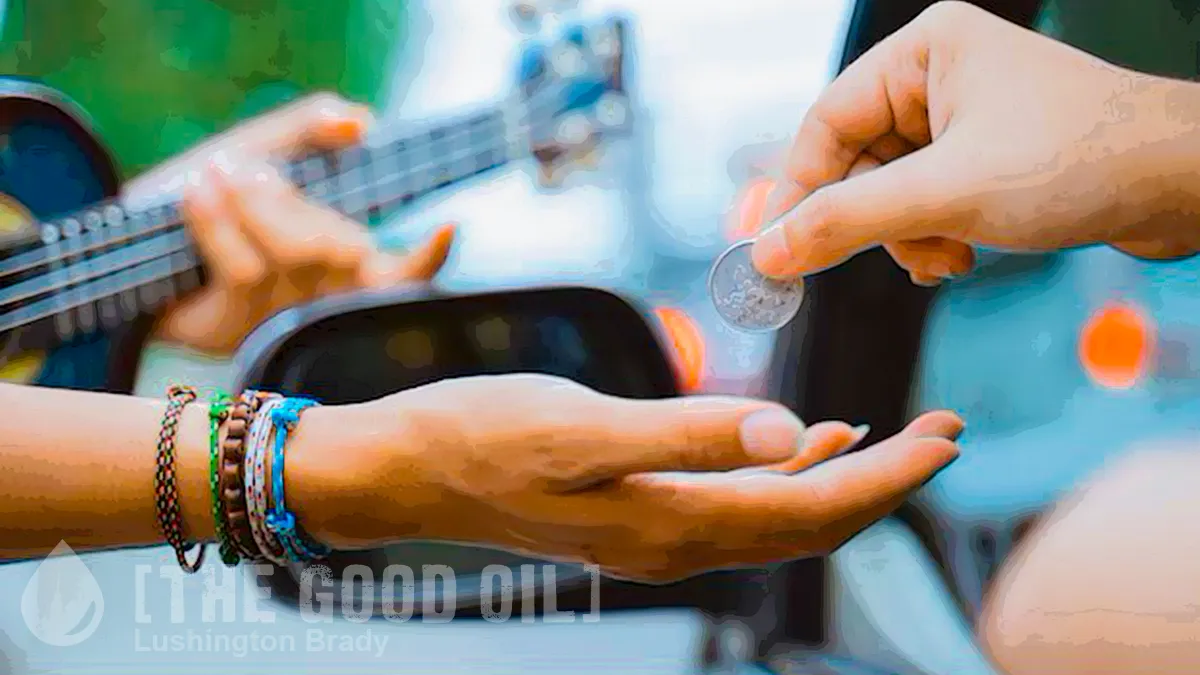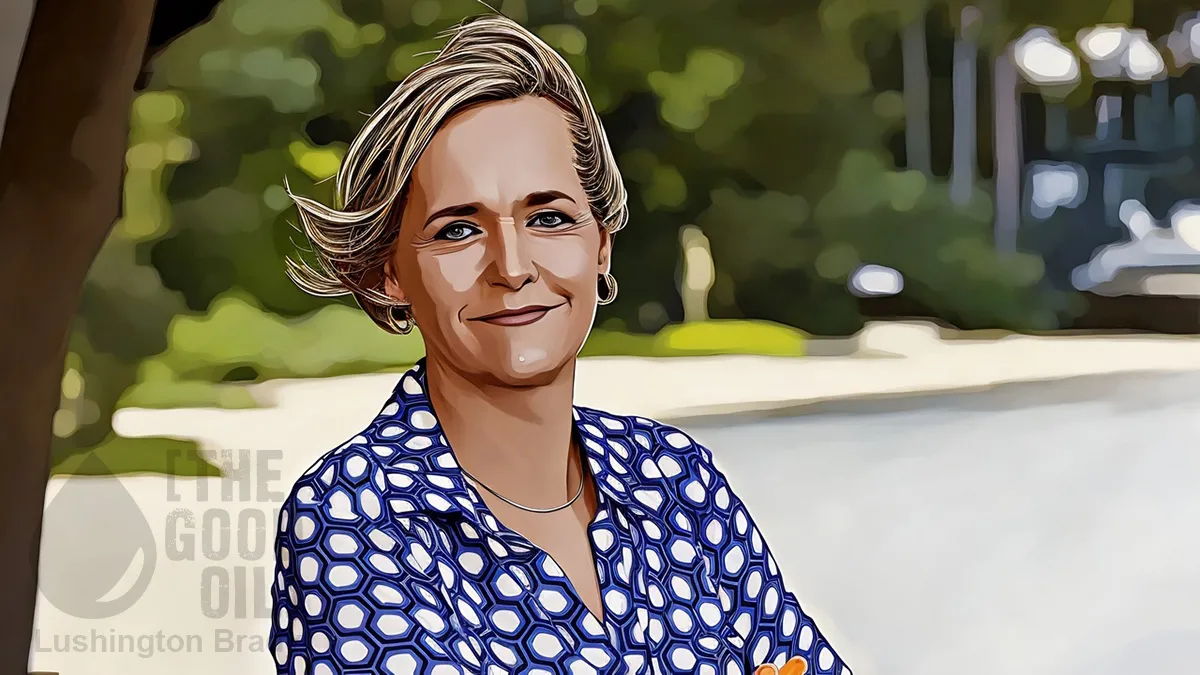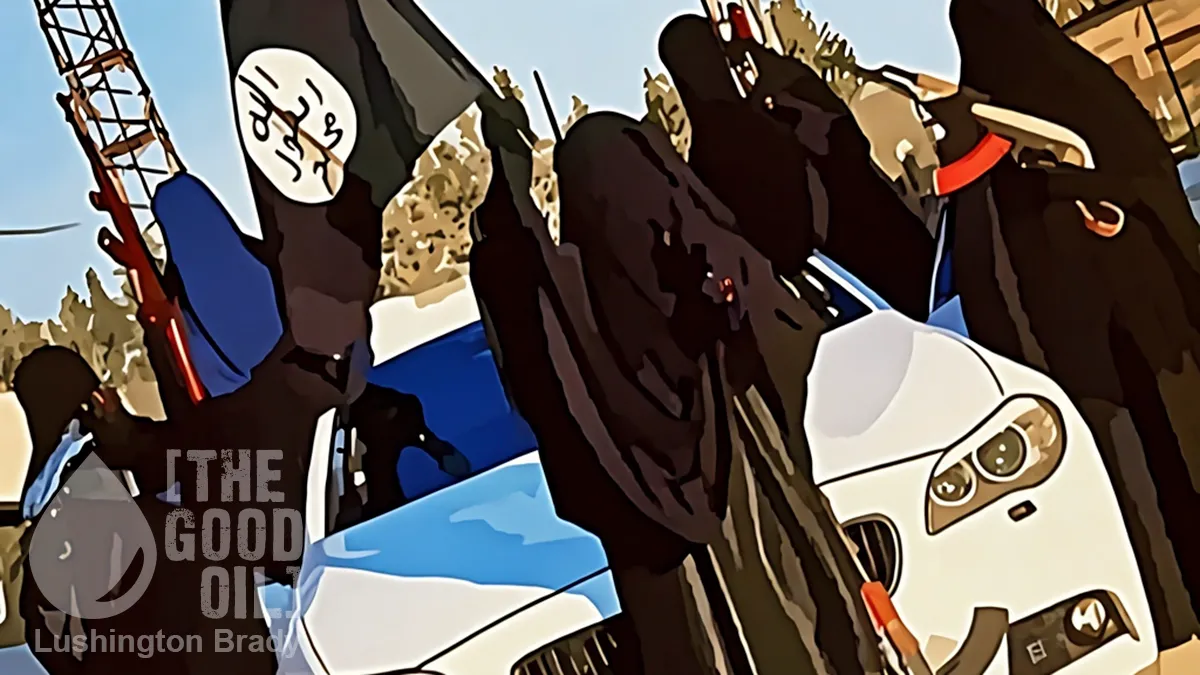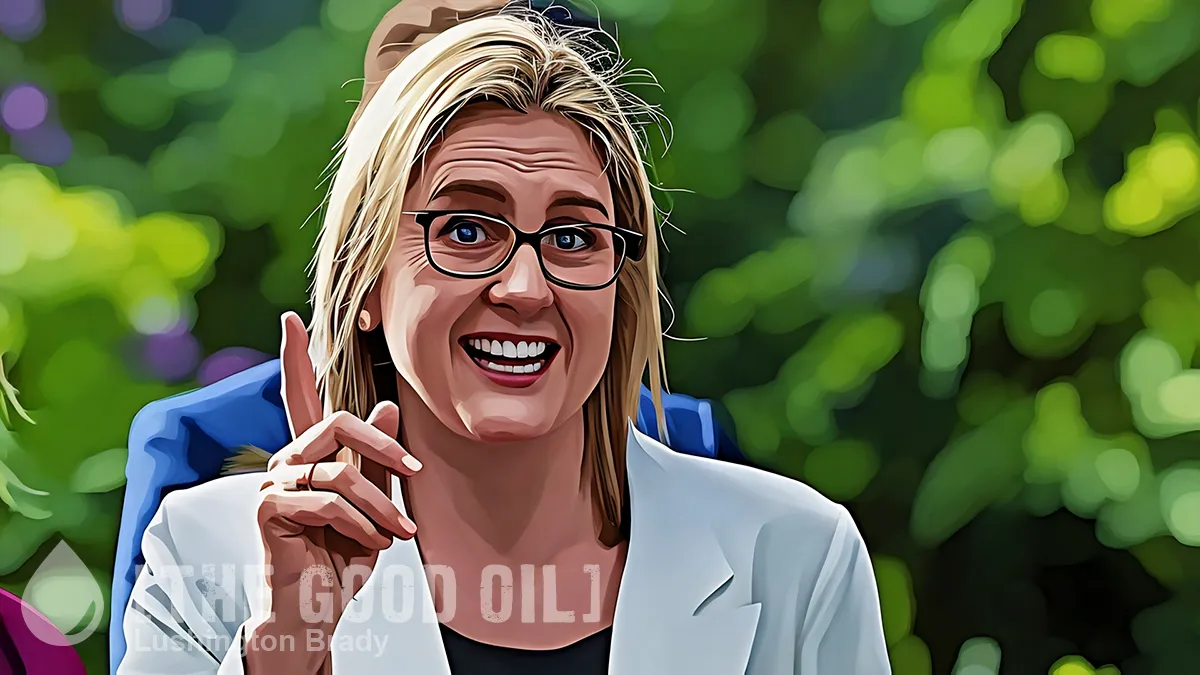Table of Contents
A government-supported artist is an incompetent whore! So thundered science fiction giant, Robert Heinlein. Sixteen years later, Sideburns fanzine wrote the mission statement for a generation when it published a crude drawing of guitar chords: This is a chord, this is another, this is third.. now form a band!
‘Do it yourself’ became the watchword for a generation of post-punk and indie musicians from the late ’70s through the 1980s. After all, no one else was going to do it for us. “The only government support we got was the dole,” recalled one of Nick Cave’s bandmates.
Thousands of independent labels sprung up. Most struggled, hand-to-mouth, to put out a few records, then disappeared. But some soldiered on and became successful businesses.
Denied access to mainstream business channels, bands, labels and publishers formed their own networks. Touring artists allied with like minds in cities they passed through, to organise gigs, find places to crash and distribute records. Informal networks began to spread around the world. Thrown on our own devices, the indies learned by doing. It was an amazingly creative era.
Now, it seems, musicians need the nanny state to hold their hands for them.
In the years since Covid-19 began, 1,300 venues – a figure that made up 25 per cent of all live music venues nationwide at the time – have closed […]
David Barrett has been in the live venue business for more than a decade, but he said the past eight months have been the hardest.
“We’re still doing our job and filling the venues full of people,” Mr Barrett said.
So, what’s the problem? The cost-of-living crisis. Live music has always struggled to make money from the door fees. The real money for venues has always been the bar trade from thirsty punters. Only, those punters can’t really afford to spend up big at the bar right now. Those who organised gigs, let alone musicians, rarely made much money from putting on shows. More often, they lost money. But they persisted, driven by a love of music and sheer: do-it-yourself grit.
While the industry used to bring in good business, the pandemic had a massive impact, shuttering venues around the country.
A cost of living crisis is also now taking a toll with venue owners saying they are experiencing higher insurance and supply costs as well as less revenue as consumers cut back on discretionary spending […]
Mr Barrett said he’s sometimes spending $10,000 a night to stay open, but his sales are falling well short of that number […]
“Our insurance costs are just incredibly high, even liquor licensing fees in 13 years [have increased] probably tenfold,” he said.
“And we’re kind of seeing all of these costs add up. But we’re charging similar amounts for drinks.
“Last night, we ran a show that financially wasn’t worth running.”
So, what to do? Question the government policies that are driving these price increases? Did any of them take a stand against lockdowns, for instance? Or did they obediently ‘Stand with Dan’?
Will any of them question the ‘Net Zero’ policies that are driving up energy prices, and consequently, the prices of everything? Or are they obediently yammering the mantras of the Climate Cult?
Nah, they just hold out their hands for other people’s money, instead.
In the UK, the music venue trust has proposed applying a 1 pound levy to venues above 5,500 capacity, excluding festivals, to support grassroots live music.
The proposal involves fans purchasing tickets as usual, with an extra 1 pound included in the price, which is then donated to a trust managed by a live music industry umbrella body […]
[Howard Adams, a corporate lawyer and chair of the Australian Live Music Business Council…] believes the idea could have some merit in Australia too, with a $1 levy imposed on each ticket sold for major events in large arenas.
Or, they could do what the successful indies in the ’80s did – persevere, adapt and innovate.
Mr Adams said the live venue industry was constantly adapting to remain relevant.
“I’ve heard of major venues running music academy training schools during the afternoons so people can learn how to do lighting and mixing and all the other elements that you might need to learn to be part of the live music industry,” he said.
“That’s a great resource because the few genuine music universities are very expensive.
Why be “an incompetent whore”, when you can stand proudly independent and free, even if a little poorer?









